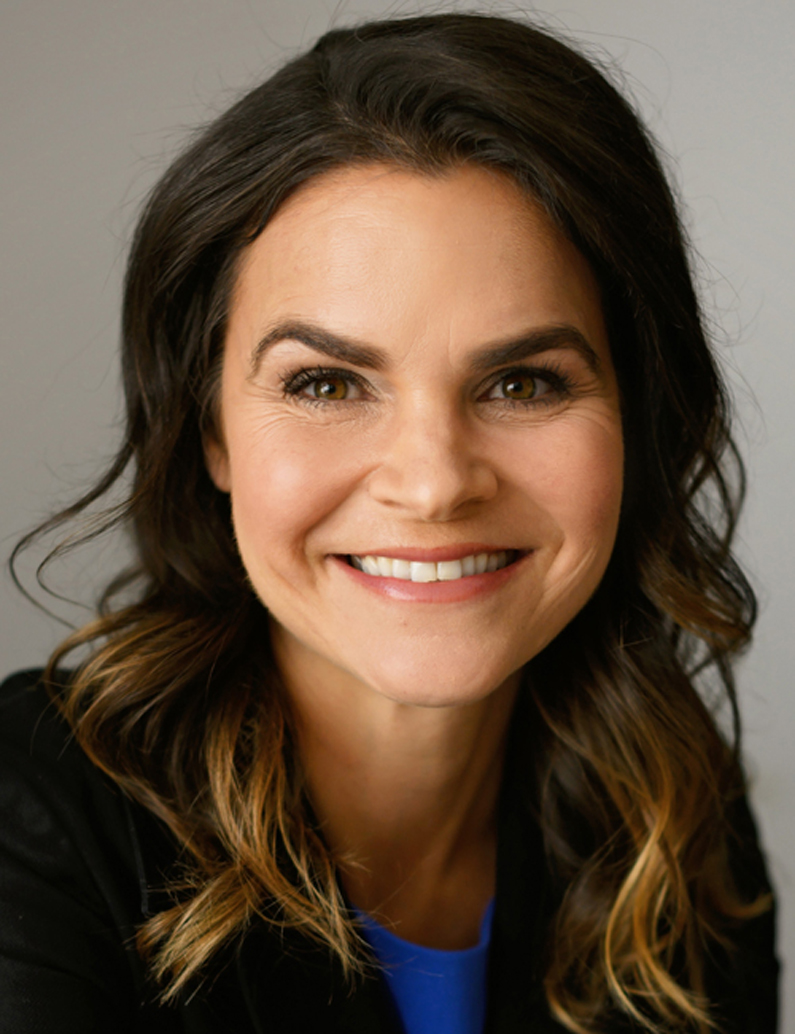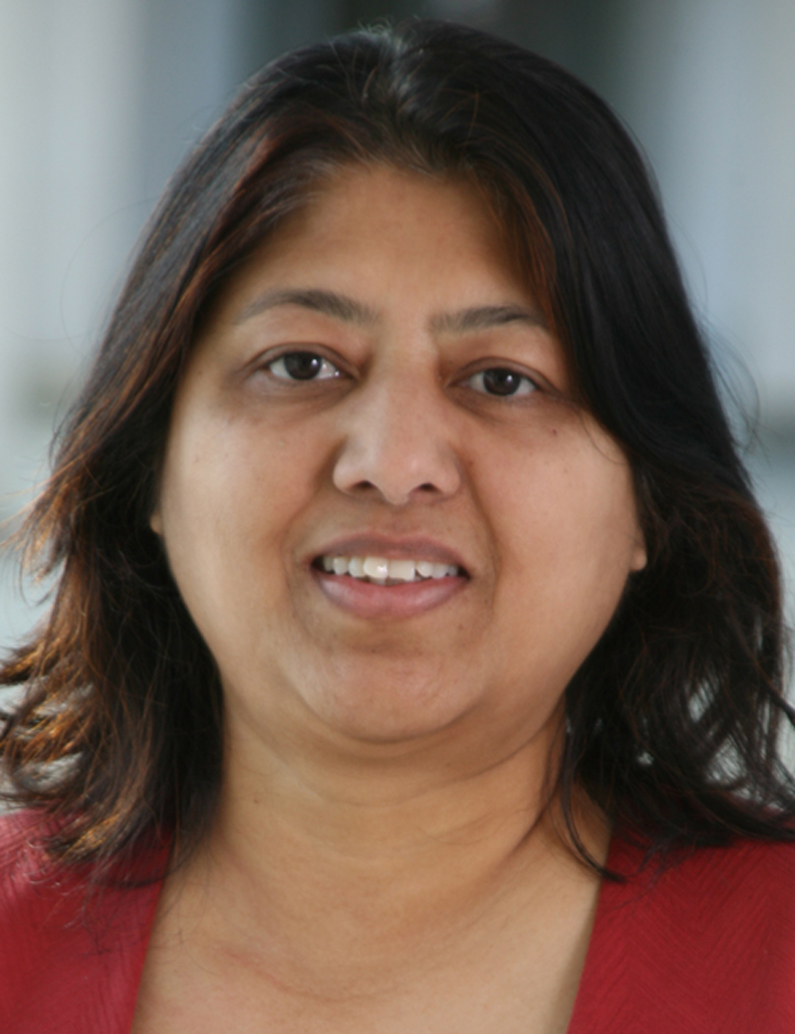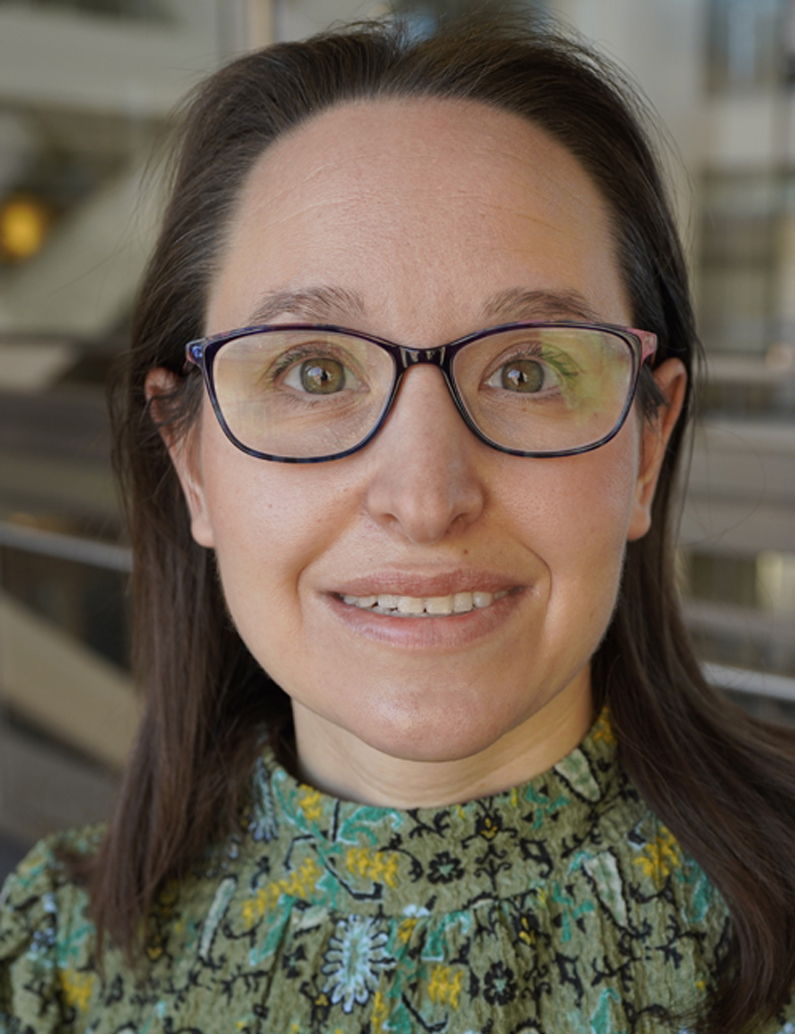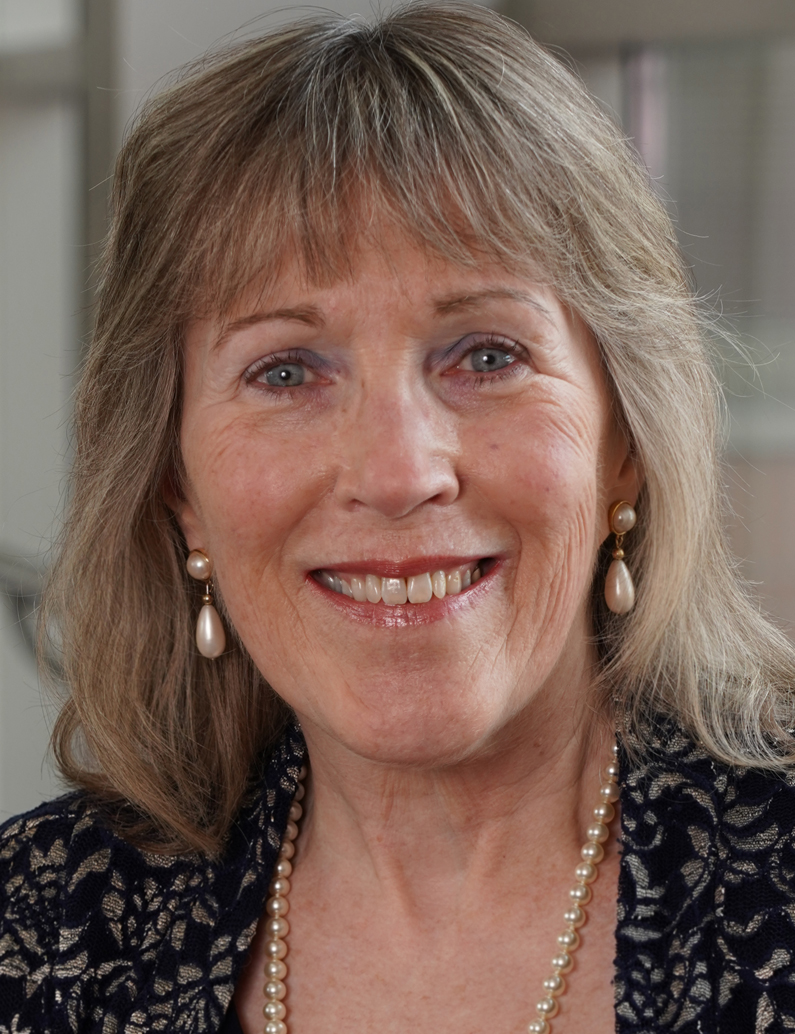Honoring women who share our stories during Women's History Month
March marks the annual celebration of Women's History Month, a time to recognize and honor the achievements and contributions made by women throughout history. This year's campaign focuses on "Women Who Tell Our Stories", aligning with the national theme and highlights the importance of storytelling. The act of sharing and listening to stories is immensely valuable as it can transport us to new places, broaden our perspectives, and inspire transformative discussions and explorations. The narratives shared in this campaign help fulfill the Clinical Center's mission by contributing to the fundamental knowledge about the often-unseen endeavors of women.
Jennifer Barb, Bioinformatics Scientist

Dr. Jennifer Barb is a bioinformatics scientist at the Clinical Center in the Translational Biobehavioral and Health Disparities Branch (TBHD). She is also the head of the Data Analytics and Translational Science Unit within the TBHD where she mentors a pre-MD/PhD student focused on a research project in bioinformatics. Dr. Barb started her research career at the NIH as a summer student in the Center for Information Technology (CIT) in 2001, and after 18 years, she transferred to the Clinical Center to conduct research on large-scale clinical phenotype and genomics-based data with a focus on Alcohol Use Disorder.
When asked if a certain woman inspired her, Barb shared a story about her high school science teacher, Mrs. Leffler. Mrs. Leffler influenced her personally, scholastically, and professionally when it was time for her to choose a career path. Mrs. Leffler took Barb under her wing when she was a student struggling with personal issues and lacking confidence. Barb states, "My view of Mrs. Leffler at that time was that she was a very intelligent woman who was kind, fun and even sort of hip. She made science fun. She showed me that you can be a female scientist who can put your heart into your work while also planning to be a mother. She was pregnant at the time. I am grateful for Mrs. Leffler who helped me build confidence in my ability to thrive in science as a young woman with other external pressures."
According to the Census Bureau, in 2020, working mothers made up a significant part of the labor force, accounting for nearly one-third or 32% of all employed women. Today, parents are often overlooked for hiring as there is a stigma that they won't be as committed since they have children. Barb has considered this knowing the responsibilities that she has in her own personal life as a mother when considering prospective jobs. However, she urges women not to follow this perception, "Women need to stop following the stigma that we can't thrive and flourish in our careers, especially in science, while also being present mothers. I think that we can do it all; by nature, women tend to multitask and, therefore, we should continue to lean into our careers in science."
Barb also discussed her experiences on how women's roles have evolved in the NIH community. When she first started working at CIT, her department was mainly represented by male scientists, and collaborations with female scientists or principal investigators were rare at the time. She now works in a branch dominated by inspiring female scientists who work together to fulfill the mission and research of the NIH. She is encouraged by initiatives like the NIH Women in Science group and would like to see more efforts to promote gender equality, such as a seminar series featuring female scientists at the Clinical Center, social media posts highlighting the work of female employees, and an analysis of career levels and salaries between male and female scientists at the Clinical Center to address any disparities.
Barb's journey serves as an inspiration to women interested in science and her work at the Clinical Center is contributing to the advancement of science in a field related to health disparities and disease. Her experience shows that women can juggle raising a family and also can have a significant impact in their careers.
Sanchita Das, Medical Microbiologist

Dr. Sanchita Das is a medical microbiologist with expertise in diagnosing infectious diseases using conventional microbiology tests and novel molecular methods; as well as understanding the epidemiology of infections using next generation sequencing. Dr. Das completed medical school and her residency in Medical Microbiology in India, and pursued research focusing primarily on the development of diagnostic assays. Das trained at the Centers for Disease Control (CDC) and later at Weill Medical College of Cornell University. Das joined the Clinical Center's Department of Laboratory Medicine in October of 2019 and leads the molecular diagnostics subsection of the microbiology laboratory. In collaboration with laboratories within the NIH, her research explores the temporal evolution of viruses including adenovirus and SARS-CoV-2.
As Women's History Month is celebrated, Das shared her thoughts on how women's roles have evolved in society and in her field over the course of her career. "When I walk into a lecture hall or a conference now, I see women who are leaders in their own areas spearheading change. "I see them continuing the work of generations of women before us reducing social disparity." Das believes that women's roles have evolved significantly and that there are now generations of leaders and reformers who would make her mother and grandmother proud.
When asked about a woman who has inspired her, Das shared her story working at the CDC under the Chief of the Diagnostic Development Unit. Her Chief not only provided her with the opportunity to learn but also inspired her immensely. She was an exceptional mentor who supported Das' career and recognized her potential. "I learned a lot from her, but what I most admired was her attempts at opening portals of collaboration and spreading science and technology where it was most needed. She made significant efforts in establishing diagnostic assays which could be used in resource limited areas around the world." As a result, this experience inspired Das to challenge herself, and over the years, she has attempted to continue in her mentor's footsteps.
For young women who are just starting their careers, Das has some advice, "Don't be afraid to dream and to follow your passion. The path may be tortuous and unconventional. It is important to remember that if one works in an area that they are passionate about, it will be extremely gratifying. That alone will justify any difficulties encountered on the path that they take."
Dr. Sanchita Das is a role model for young women who aspire to pursue a career in medical microbiology. Her determination and hard work have made significant contributions to the field, and her story is an inspiration to all.
Meredith Beck, Office Automation Clerk

Meredith Beck is an automation clerk for the Office of Administrative Management (OAM) and a graduate of Project SEARCH in the Clinical Center. Her role involves collaborating with Administrative Officers and leadership to handle administrative tasks according to the office's mission. The NIH Project SEARCH internship program provides young adults with intellectual disabilities the opportunity for an independent future, and Meredith graduated from the 30-week program.
When asked about a significant barrier she had to overcome to thrive in her role at the Clinical Center as a woman, Beck shared some insights on her disability, "One of my work barriers is communication because of my speech issue, but I try to overcome it with tools and having a supportive team to work with". Despite the challenges that come with her disability, Beck continues to break down barriers with the support of her team members at the OAM.
Beck's inspirational woman in history is Hellen Keller, an American author, educator, and activist who lost her hearing and vision at 19 months old. According to Beck, "She is a good role model because she helped get programs started for people with disabilities and she advocated for rights for the disability community." Keller dedicated her life to advocacy and played a significant role in changing the perceptions of the deaf and blind community.
To celebrate Women's History Month, Beck offers advice to young women starting their careers, "Work hard, try new tasks, always stay positive and problem solve any issues". By honoring the achievements of women like Hellen Keller and Meredith Beck, we can inspire the next generation to break barriers and make a difference in their fields.
Barbara Jordan, Acting Chief Nurse Officer

Dr. Barbara Jordan is the Acting Chief Nurse Officer at the Clinical Center Nursing Department and a trailblazer in her field. With over three decades of nursing leadership experience, Dr. Jordan provides oversight and works closely with the multidisciplinary teams within her service of nursing operations and directs the agenda for the NIHN Clinical Center Nursing Department regarding clinical research nursing.
Reflecting on the importance of this month, Jordan recognizes the women who have shattered barriers and defied stereotypes to change how women are viewed in our society. Jordan states, “We need to acknowledge the women in our lives who have helped us in our successes and who have been role models for us. We need to be role models for others.”
Jordan also stated that her mother was her role model, teaching her the value of trying new things, serving others in the community, and participating in team sports.
When asked about the most pressing issue facing women in the workplace today, Dr. Jordan highlighted pay inequity. According to the Pew Research Center, in 2022, women earned an average of 82% of what men earned. Jordan states, “This pay gap needs to be addressed. Women need to advocate for themselves when they are negotiating a salary. I am seeing more women do this. Employers need to assess if they have a pay gap and then take steps to remedy it.”
Throughout her career, Dr. Jordan has witnessed the evolution of women's roles in the workplace, with more opportunities and women in leadership positions. Her advice to young women starting their careers is, “be open to new opportunities, say yes when given the chance to try something new or lead a team. Be inquisitive and continually learn.” Jordan recommends that women find a mentor who can guide you throughout your career.
Dr. Jordan's dedication to nursing leadership and advocacy for gender equality serves as an inspiration for young women pursuing careers in healthcare, and we are honored to recognize her contributions during Women's History Month.
- Janice Duran